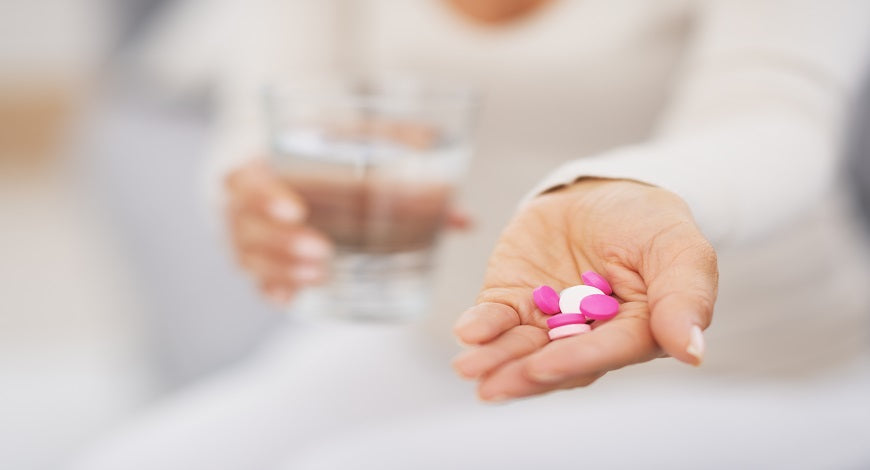December 2014 saw the first paper of the Antimicrobial Resistance Review Published. The Prime Minister of the UK, Rt Hon David Cameron MP has commissioned Jim O’Neill to chair this review which aims to ‘tackle the crisis’ of superbugs that are resistant to antibiotics. Antibiotics changed the face of healthcare after the Second World War.
Many of the great achievements of the last century have been possible due to them, but bacteria has always evolved to resist new drugs.
The last decade has seen the pace of new antibiotic discoveries slow significantly, and this has allowed the pathogens to catch up. Coupled with the overuse of antibiotics there is now an urgent need to find a way to control the bugs that cause so much disease.
O’Neill has been quoted as saying the following:
"Drug-resistant infections already kill hundreds of thousands a year globally, and by 2050 that figure could be more than 10 million. The economic cost will also be significant, with the world economy being hit by up to $100 trillion by 2050 if we do not take action.”
Drug resistant infections are currently linked to around 700,000 deaths per year. An increase as suggested there by O’Neill would be a higher rate of mortality than cancer as per present figures.
Antibiotics Today
The number of infections becoming resistant to existing medicine is growing rapidly across the globe, causing half a million deaths annually worldwide.
“We have reached a critical point and must act now on a global scale to slow down antimicrobial resistance” says Professor Dame Sally Davies, UK Chief Medical Officer.
Scientists are battling to discover new medicines to combat this worrying problem. They have found that drug resistant E. coli, malaria and tuberculosis will have cause the most damage. David Cameron has been quoted on the subject thus:
"If we fail to act, we are looking at an almost unthinkable scenario where antibiotics no longer work and we are cast back into the dark ages of medicine”.
Cost to the Economy
The death toll could exceed 10 million each year by 2050 and the financial cost to the world has been estimated at over 100 trillion USD in lost output. This is based on loss of life and ill-health preventing in people from working. Countries such as Nigeria and India could be hit particularly hard. This problem is more than simply medical therefore, it will also have terrible impact on an economic and social level.
With no effective antibiotics, many common operations, including caesarean sections, chemotherapy and transplant surgery would become far riskier and actually impossible in many instances. This crisis appears to be worrying scientists more than the potential issue of global climate change.
What is being done
Resources are being pooled to create an international effort. This is a crisis that crosses international divides, and it is essential that scientists work together to solve the issue. Globla solutions are required for the good of everyone, and the support of vulnerable nations that will be most effected, and possibly have the least resources to fight back.
The review will be aiming to stimulate the development of new antibiotics, and boost the pipeline of solutions. It is also important to encourage innovative thinking, new ways of looking at the problem, as current ways of thinking are proving ineffective. This includes research to change the methods used to treat infectious diseases, including knowledge gathered from recent advances in genetics and geonmics. This should help the world of medicine to gather an arsenal of new drugs, vaccines and alternative therapies such as antibodies.
Natural Antibiotics - What you Can Do to Help Yourself
There are various natural remedies that you can incorporate into your diet in the meantime. These are claimed to have antibacterial properties, and could offer your body a much needed defence against these so called super-bugs.
Garlic
Raw garlic when crushed and chewed releases a substance called allicin, which is similar in properties to penicillin. It has been found to be antibiotic, anti-inflammatory, antiviral, antiparastic, anti fungal and antioxidant! It also contains many nutrients prized by the body.
Colloidal Silver
This is a mixture of silver particles suspended in fluid, and has been relied on for centuries of healing. It disables the enzyme that single cell bacteria require to multiply, effectively suffocating them.
Turmeric
Turmeric has been found to have many healing properties, applied topically and also taken internally. This may be a fantastic natural antibiotic and is used by many people as a cold remedy.
Have a look at our Hydrogen Water Mist which you may find useful.




























Leave a comment